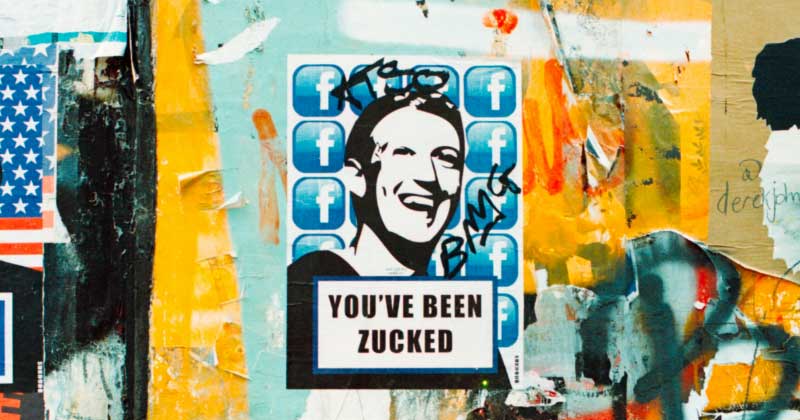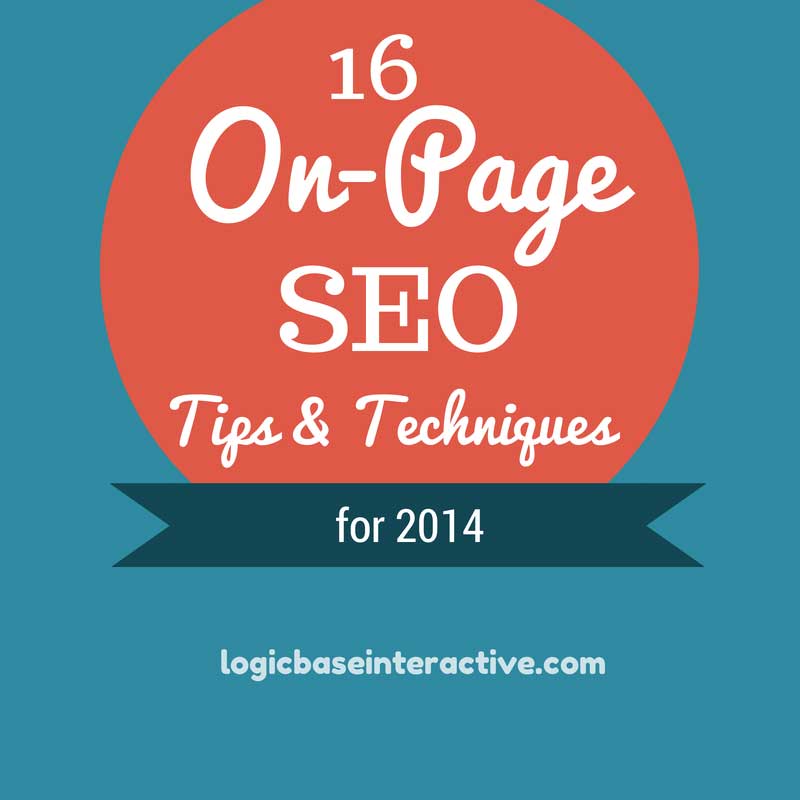
Bite-Sized Digital Advertising Series: Pros & Cons of Facebook Ads
Welcome to the Bite-Sized Digital Advertising Series!
In today’s article, we’re going to tackle Facebook Ads.
The Bite-Sized Digital Advertising Series aims to inform both old and new digital marketing advertisers about the terms and practices involved in online advertising. All the information in this article is presented in short, easy-to-read sections – you can read them on the go!
With that said, let’s get to the article proper.
What are Facebook Advertisements?
Facebook advertisements are ads placed on the social networking website of the same name.
Here’s some background on Facebook: it was founded by Mark Zuckerberg and friends during their enrollment at Harvard University, and was originally intended as an exclusive college-to-college social networking website. It grew immensely popular, however, and is now considered one of the vanguards of social media advertising.
Facebook’s content is entirely user-generated, meaning that users provide the content that other users interact with on the website. With this in mind, businesses can create accounts dedicated to improving their brand recognition and promoting their products or services, while also placing paid advertisements directly in association with their Facebook account.
How do you Facebook ads work?
Facebook ads work similarly to PPC, in that their visibility depends on a proprietary algorithm owned by Facebook. An ad’s exposure, or known to Facebook advertisers as its “reach”, depends on its content and the people who search for similar content.
For example, if a user searches for Facebook pages of local restaurants using the keywords “restaurants near me”, Facebook’s algorithm will record the information on the user’s profile, and then display ads that fit both the user’s keywords and geographically tagged location. (This is a very simplified explanation for how Facebook ads work.)
Because Facebook ads are targeted ads, businesses can’t simply place an ad and expect for every user to see the ad.
Instead, advertisers pay for an ad’s reach. The wider the reach an advertiser wants, the more resources it will cost – which is why it’s crucial for Facebook ads to be tailored to the specific demographic the advertiser or business intends for it. This is often done through keyword research, which can be outsourced to service providers like LogicBase Interactive.
Is it worth it?
As of this writing, Facebook has an estimated 2.45 billion users – with a guaranteed reach this massive, advertising through Facebook is a marketing juggernaut that can’t be ignored. The goal of Facebook advertising is primarily to promote products and gain brand exposure – the more followers your Facebook page has, the more likely your business will gain organic exposure, which in turn leads to better ROI.
If you’re looking to get your brand promoted to a wide audience, Facebook advertising is a powerful marketing strategy that should be considered.
Stay tuned to our blog for more digital marketing articles!




